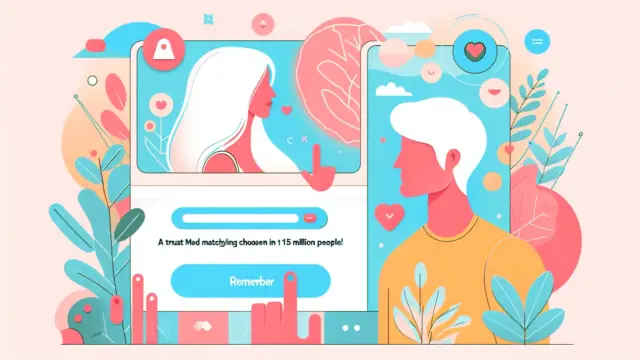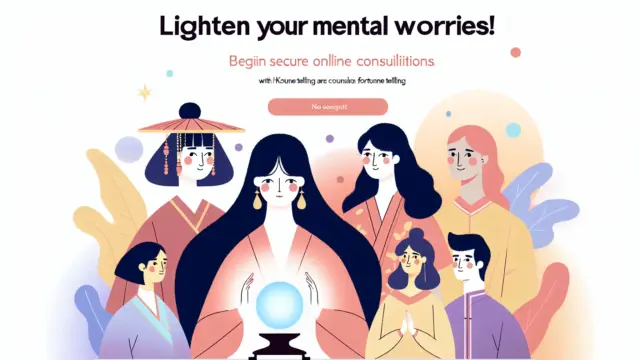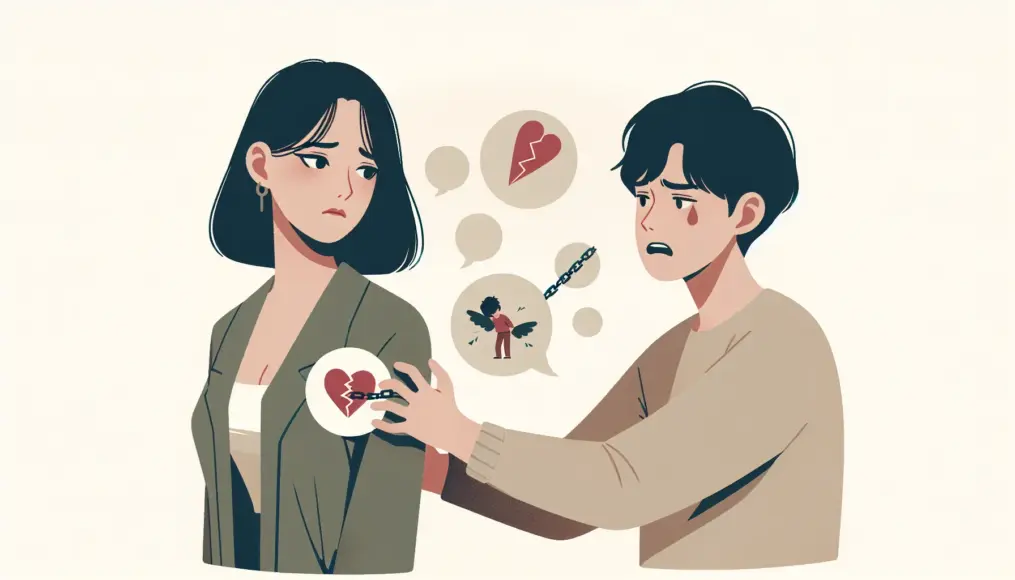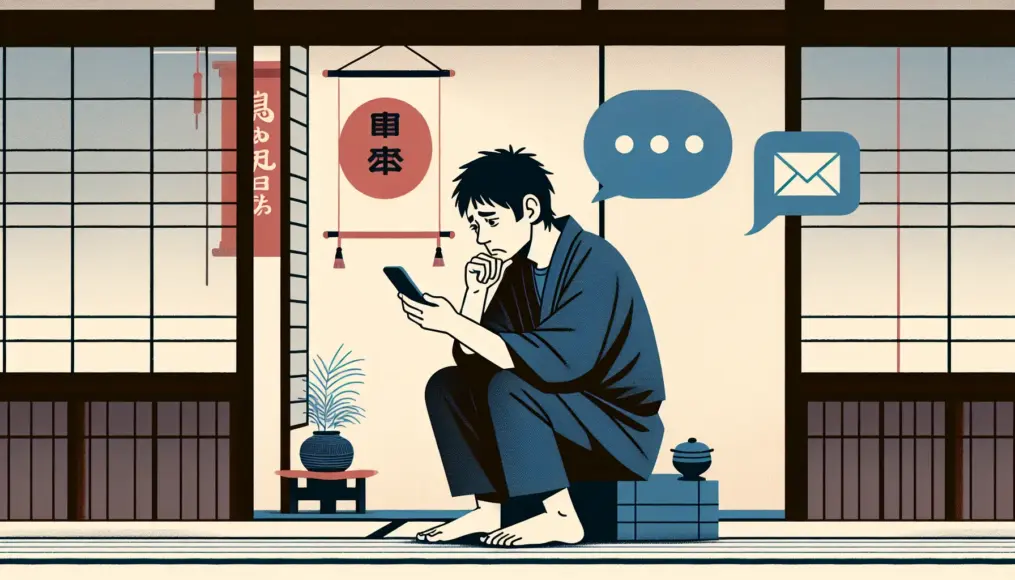Have you ever found yourself being cold to your boyfriend, even though you’re usually kind and affectionate? You’re not alone—many people experience this phenomenon. Surprisingly, there can be unexpected reasons and psychological factors lurking behind this behavior. In this article, we’ll explore the emotions that drive this coldness and offer insights from a psychological perspective to help you improve your relationship with your partner.
We’ll delve into the roots of this coldness and discuss effective ways to address it after it occurs. Together, we’ll work on understanding your inner feelings and finding steps to enhance your communication with him.
- Exploring the psychological background of coldness
- Stress and trauma as potential triggers
- Practical methods to overcome coldness
Understanding the Psychology Behind Being Cold to Your Boyfriend
The reasons behind being cold to your boyfriend can be complex, often rooted in a mix of emotions and experiences. Many people find themselves suddenly distant despite usually expressing love and affection. This shift in behavior can often be linked to underlying stress, anxiety, or past traumas. Let’s delve into the emotions that lie beneath this coldness and explore the psychological reasons behind it.
What Emotions Lie Behind Coldness?
When someone is acting cold, a whirlwind of emotions may be swirling inside. Feelings of dissatisfaction, jealousy, or even personal anxiety can play a significant role. These emotions often manifest directly in our behavior. Sometimes, this coldness reflects issues you might be grappling with personally.
Additionally, adopting a cold demeanor can be a temporary self-defense mechanism. People sometimes distance themselves from others to protect their own feelings. However, this behavior can not only hurt your partner but also exacerbate problems in the relationship.
- Coldness often stems from feelings of dissatisfaction or jealousy.
- It can also be a form of self-defense.
- Understanding these emotions can lead to better relationship outcomes.
Psychological Perspectives on Why We Get Cold
From a psychological standpoint, there are many reasons for this cold behavior. When stress and anxiety levels are high, we might unconsciously treat others with coldness. This often occurs when we redirect negative feelings towards our partner instead of addressing our internal struggles. Recognizing your emotional state and learning to cope with it effectively is crucial.
Furthermore, past traumas can also influence this behavior. If previous experiences have led you to act coldly towards others, it may be a defense mechanism designed to protect yourself. In such cases, reflecting on your emotions is essential, and seeking professional help might be a beneficial step.
- Stress and anxiety can lead to cold behavior.
- Past traumas can also play a role.
- Understanding your emotions and addressing them appropriately is vital.
Reasons for Becoming Cold
There are various factors that can lead to being cold towards your boyfriend. Stress and anxiety, in particular, often manifest as coldness without us even realizing it. Additionally, past traumas can play a significant role. By understanding these underlying issues, you can reflect on your emotions and work towards improving your relationship. Let’s take a closer look at the specific causes.
How Do Stress and Anxiety Play a Role?
The stress and anxiety we encounter in our daily lives can significantly impact our romantic relationships. Factors such as work pressures, interpersonal conflicts, and changes in our living environment can all be sources of stress, which may result in treating your boyfriend coldly. Often, this coldness isn’t really directed at him but is a projection of your own anxieties and frustrations.
When you’re under stress, it can be challenging to control your emotions. As a result, the kind and loving person you usually are may seem distant and cold. Recognizing and appropriately addressing these feelings is crucial.
- Stress can affect romantic relationships
- Coldness often reflects personal anxieties
- Emotional control can become difficult
The Link Between Past Trauma and Coldness
Past experiences and traumas can also be a reason for becoming cold. Specifically, wounds or failures from previous relationships may have an impact. In such cases, you might find it hard to open your heart to your partner, leading you to act coldly as a defense mechanism. While you may still have feelings of love, the pain from the past can unconsciously create distance between you and your partner.
To overcome this coldness, it’s essential to accept and understand your past. By working through past traumas, you can deepen your relationship with him.
- Past traumas can be a cause of coldness
- Opening up can become challenging
- Understanding your own history is the first step to healing
How to Handle Things After Being Cold
If you’ve been cold towards your boyfriend, it’s important to take steps to improve the situation. Ignoring or brushing aside the coldness can only worsen your relationship. The first step is to acknowledge your behavior and address it. In this section, we’ll explore the significance of recognizing your coldness, how to apologize, and effective communication strategies.
The Importance of Acknowledging Coldness
Admitting that you’ve been cold is the first step toward mending your relationship. By being honest with yourself about your feelings and actions, you create an opportunity to rebuild trust with your boyfriend. Instead of hiding your coldness, openly acknowledging it demonstrates sincerity to him.
It’s also essential to reflect on the reasons behind your cold behavior. Understanding your emotions and stress can help you approach him with genuine intent, making it easier for him to grasp how you feel. Through this process, you can lay the groundwork for a healthier relationship.
- Acknowledging coldness is the first step to improving your relationship
- Understanding your emotions is crucial
- Demonstrating sincerity helps rebuild trust
How to Apologize and Communicate
After being cold, a heartfelt apology is necessary. By apologizing, you convey your feelings and clear up any misunderstandings. It’s important not just to say you’re sorry but also to explain why you acted coldly and show that you care about his feelings. This approach makes it easier for him to perceive your sincerity.
Furthermore, after your apology, prioritize communication. Engaging in conversations with him helps both of you understand each other’s feelings, which is key to improving your relationship. Discuss the issues that led to your coldness and work together on solutions for the future. By approaching him with an open mindset, you can foster a deeper bond.
- Apologizing is a crucial act of sincerity
- Explaining your reasons and considering his feelings is vital
- Deepening your relationship through communication
Steps to Improve Your Relationship with Your Boyfriend
To enhance your relationship with your boyfriend, the first step is understanding each other’s feelings. After a period of coldness, it’s essential to reconnect and provide support. In this section, we’ll explore specific steps for sharing emotions and building trust through communication. By putting these methods into practice, you can strengthen your bond.
How to Share Your Emotions
Sharing your emotions is crucial for deepening your connection with your boyfriend. Start by expressing your feelings honestly. Discussing why you might have been distant, along with any stress or anxiety you’re experiencing, can help him understand your perspective better. When he knows how you feel, it increases the likelihood of him empathizing with you.
It’s also important to be open to hearing his feelings. Understanding how he feels can bridge the gap between you two. By respecting each other’s emotions, you can cultivate a deeper relationship.
- It’s vital to express your feelings honestly.
- Being receptive to his emotions is key.
- Respecting each other’s feelings fosters a deeper connection.
Communication for Building Trust
Effective communication is essential for building trust. Setting aside regular time to discuss your feelings and thoughts can nurture a healthier relationship. During these conversations, maintaining an open attitude is crucial. By accepting his opinions and emotions, you can enhance the sense of trust between you.
Additionally, don’t overlook non-verbal communication when sharing your feelings. Making eye contact and speaking in a gentle tone can provide him with a sense of security. These small gestures of care can significantly strengthen the trust in your relationship.
- Regular discussions help cultivate trust.
- An open attitude in communication is important.
- Non-verbal communication plays a significant role too.
Summary
There are various reasons why you might find yourself being cold towards your boyfriend, including stress and past traumas. After acting this way, the first step towards improving your relationship is to understand the underlying causes and share your feelings. Building trust through apologies and open communication is essential. By taking these steps, you can deepen your connection with him.
It’s also important to recognize the emotions behind your coldness and reflect on your own feelings. By respecting each other’s emotions and fostering communication, you can create a healthier relationship. So, take a moment to listen to your heart and reassess your bond with him.
- Understanding the reasons for your coldness is the first step toward improving your relationship.
- Open communication is key to sharing feelings and building trust.
- Reflecting on your emotional state can help you cultivate a better romantic relationship.
Now is the perfect opportunity to strengthen your connection with him. Your actions could be the catalyst for a brighter future together. We’d love to hear from you, so please take a moment to share your experiences or thoughts in the comments!









Comment